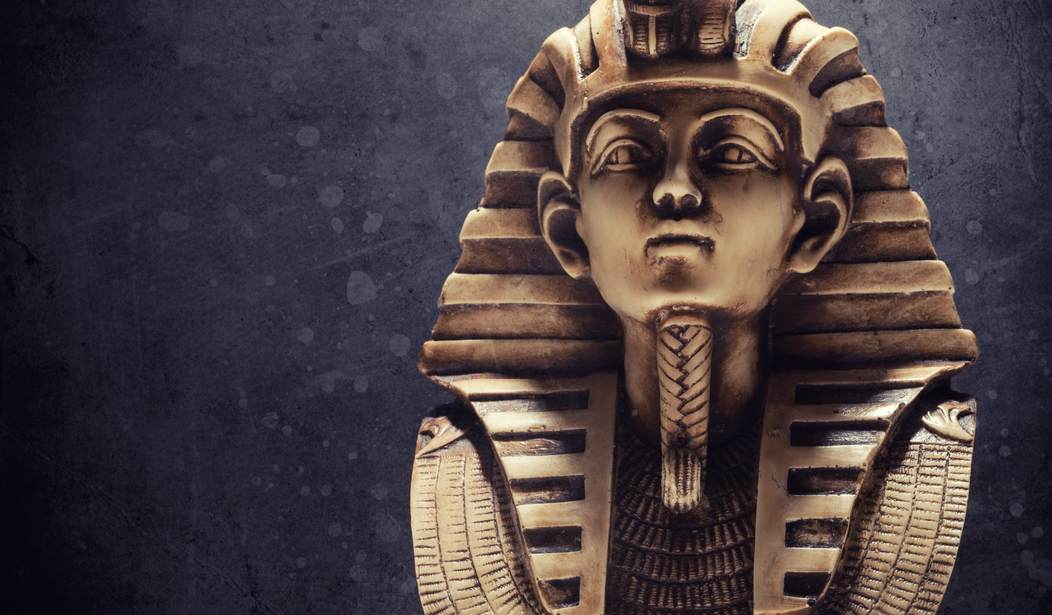Continuing a plan to get through the entire Bible in a year, follow as I journal through the reading. I have chosen a straightforward approach that begins in Genesis and ends in Revelation. This will not be an in-depth study or a comprehensive commentary. There are plenty of sources for such material. This is stage one Bible reading, taking the text at face value and sharing impressions.
Today’s reading comes from the book of Genesis, chapters 46 and 47, chronicling the settlement of Israel in Egypt. Some impressions from the text:
- As the Bible lists off Jacob’s offspring in Genesis 46, we note once more that racial purity was not a concern. Joseph had two sons with an Egyptian wife. Simeon had a son with a Canaanite woman. As the genealogy from Abraham to Christ continues, we note many more examples of non-Jews who bore the honor of being counted among God’s people. Again, race was never the focus of Israelite cloistering. God’s concern was preserving their way of life, characterized by worship of him.
- “… for every shepherd is an abomination to the Egyptians.” Joseph says this even as his family of shepherds is welcomed into the land of Goshen by Pharaoh. This cultural taboo appears to be yet another way in which God maintained the integrity of the nascent Israelite nation. Irrational though prejudice against shepherds may have been, it served the purpose of keeping Israel largely separate from the surrounding Egyptians.
- Again, Pharaoh defers to Joseph and Joseph’s God, seeing fit to place his own herds under the care of Joseph’s brothers. The land of Goshen, which Pharaoh provides for Israel to settle in, stands as “the best of the land” in Egypt. This no doubt contributes to the animosity which eventually grows between the Egyptians and their Israelite guests, an animosity which metastasizes into slavery and atrocity.
- The seven years of famine which God brought upon the land appears to have served multiple purposes. It stood as a credential, proving that Joseph’s God was in fact God. It served to elevate Joseph to his position in Egypt. It served to reunite Joseph with his brothers, and ultimately bring Israel into the land of Goshen. But it also served a more ominous purpose, as outlined in Genesis 47. As the famine wore on, the people surrounding Egypt ran out of money with which to buy Joseph’s stored grain. They traded away all their livestock, and eventually were forced to sell their land and themselves into Pharaoh’s service. This had the effect of consolidating Egypt’s dominion over the known world, preparing the way for the Pharaoh which Moses would contend with, an arrogant man of hard heart who believed himself to be god.
Return soon as we continue our year-long journey through the text of the Bible.
Catch up on the previous entries:
In the Beginning: The Creation, His Rest, Our Fall – Genesis 1-3
An End of All Flesh: Abel’s Murder, Man’s Corruption, and the Great Flood – Genesis 4-7
Noah’s Flood Led to History’s First Post-Apocalyptic Society – Genesis 8-11
Abram Believed: The Pre-Gospel Gospel – Genesis 12-15
Abraham, the Father of Faith, Also Harbored Doubt – Genesis 16-18
Twin Cities of Sin: The Judgment of Sodom and Gomorrah – Genesis 19-21
Was Abraham a Psychotic Child Murderer? – Genesis 22-24
Isaac Follows in His Father’s Footsteps – Genesis 25 and 26
Deception and Fraud, Not of God, But Used for His Purpose – Genesis 27-29
Jacob’s Dysfunctional Polygamous Family – Genesis 30 and 31
Jacob Wrestled with God and Man, and Prevailed – Genesis 32-34
Joseph Betrayed and Sold Into Slavery – Genesis 35-37
Joseph and the Suffering of the Righteous – Genesis 38-40
From Slave to Ruler: Joseph Ascends – Genesis 41 and 42
God Seeks to Persevere and Reconcile – Genesis 43 through 45









Join the conversation as a VIP Member